How does the male ball valve design enable smooth and effortless on/off operation?
The male ball valve design is a key characteristic...
MORE >>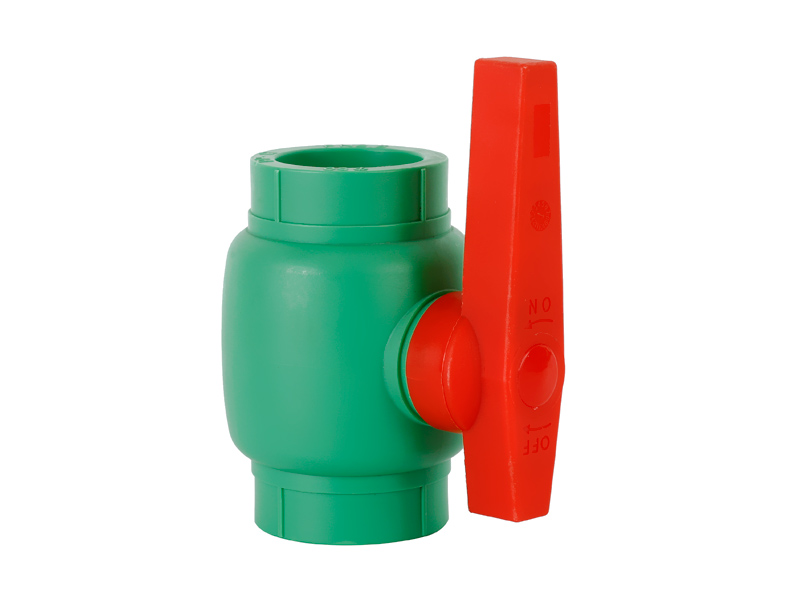
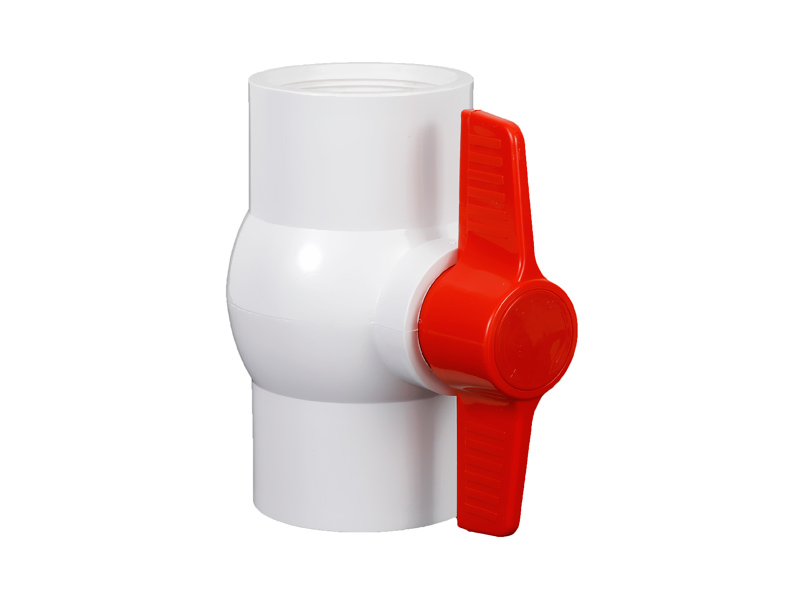
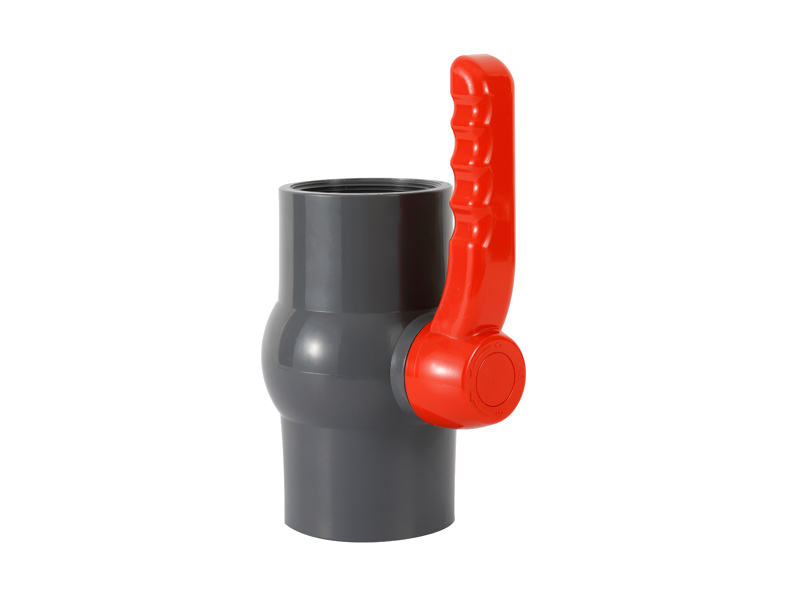
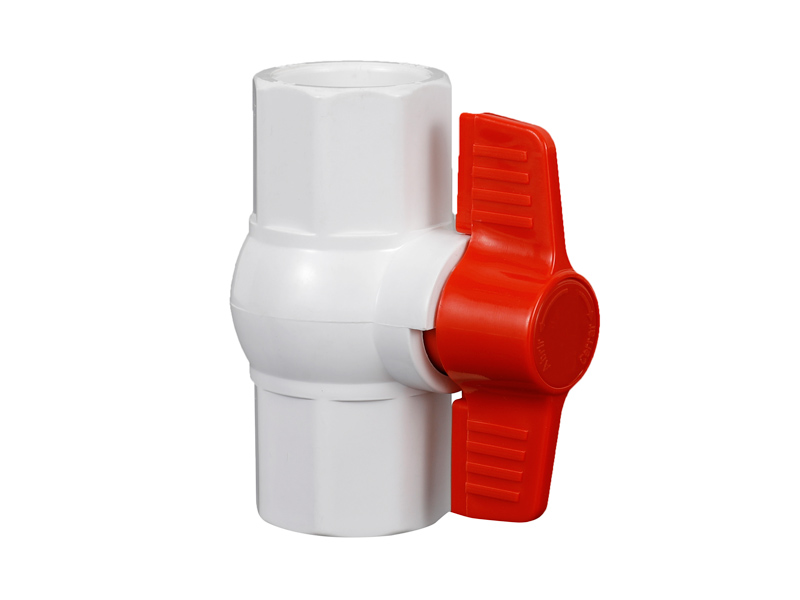
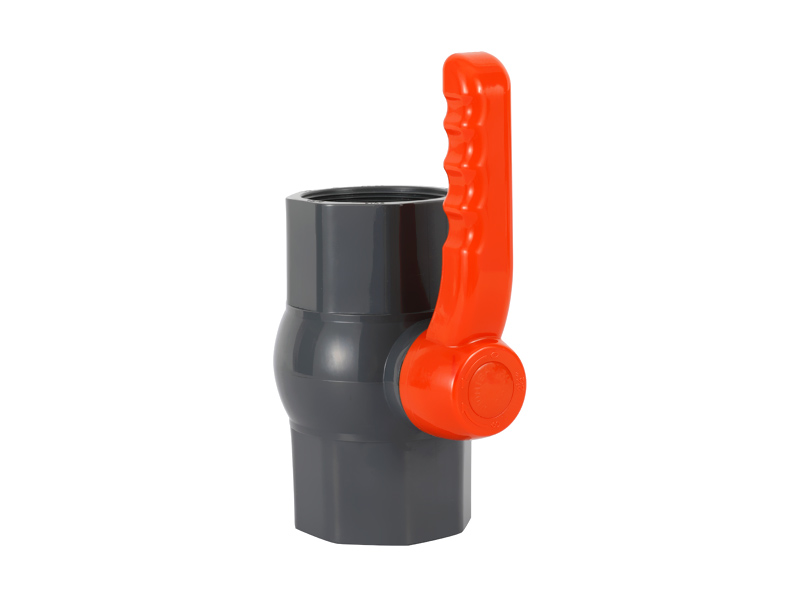
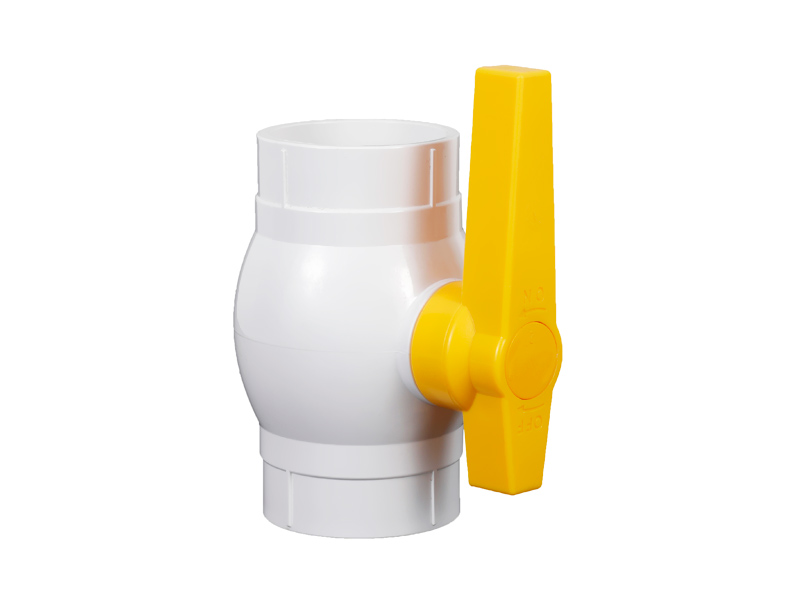
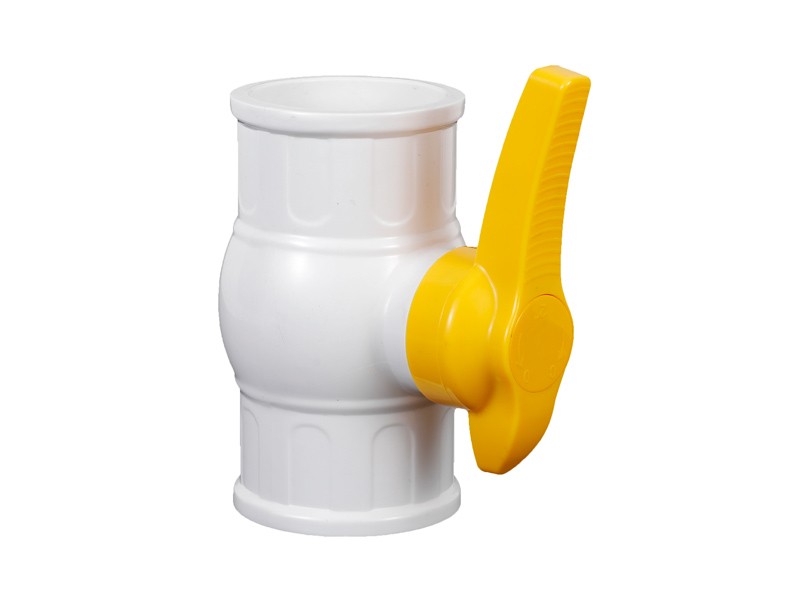
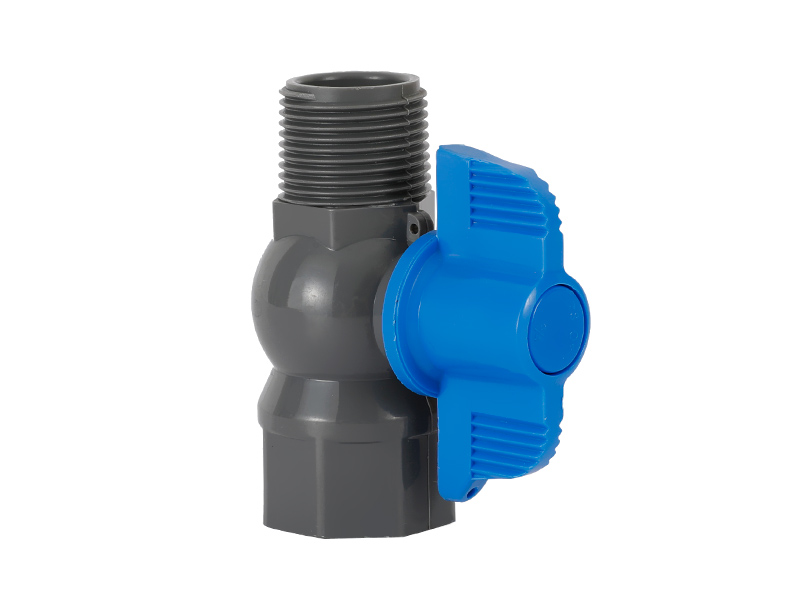
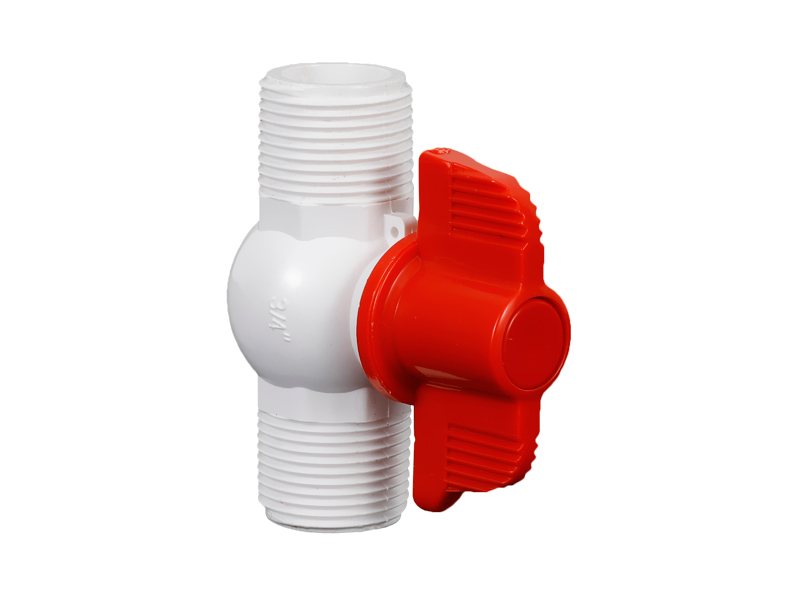

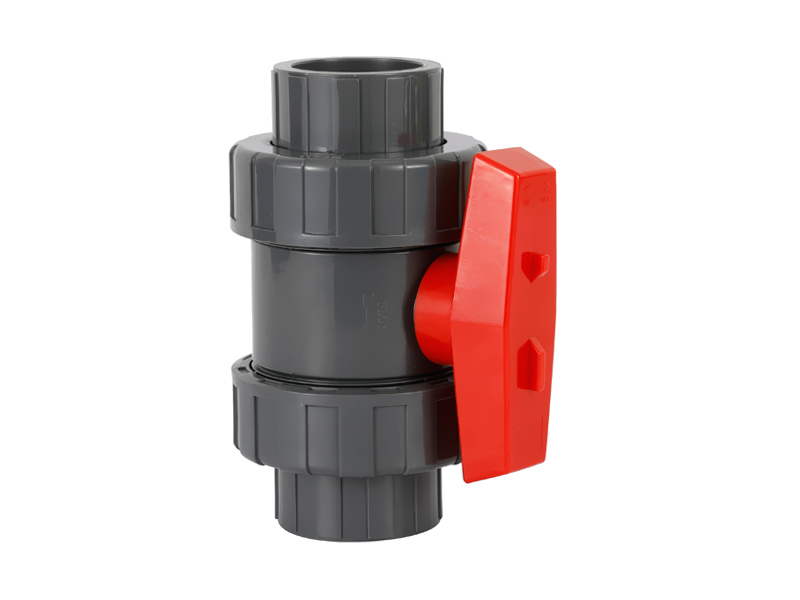

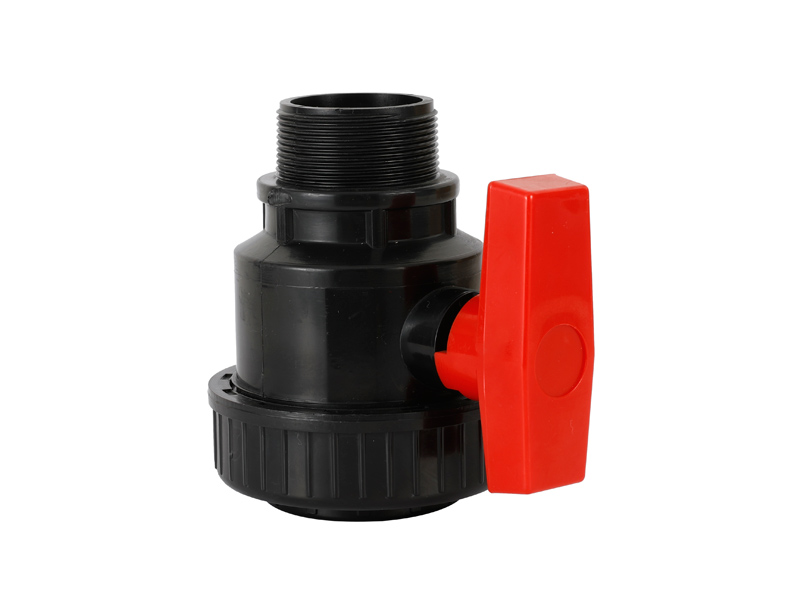
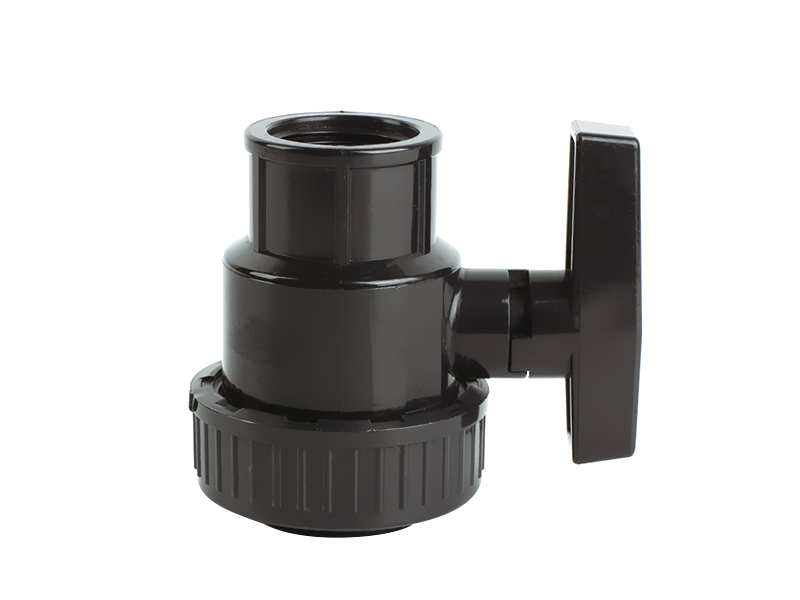
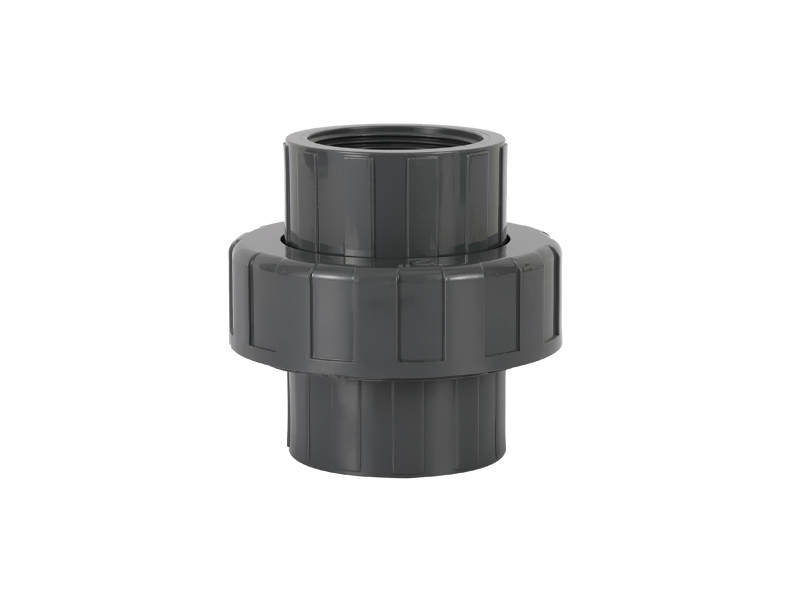
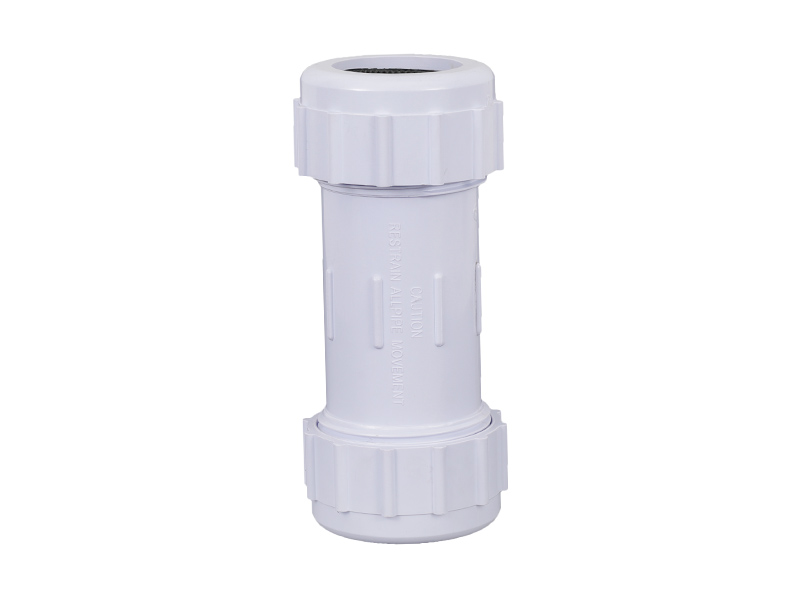
PVC ball valves used in engineering construction can pl […]
PVC ball valves used in engineering construction can play a significant role in greening projects by contributing to sustainability and environmental protection efforts in several ways:
Water Conservation: Greener construction projects often prioritize water conservation. PVC ball valves allow for precise control of water flow, reducing the risk of water wastage in plumbing systems, irrigation, and landscaping. By minimizing water usage, these valves help conserve this valuable resource.
Chemical Handling in Eco-Friendly Processes: In environmentally friendly construction projects, there may be a need to handle and control the flow of eco-friendly chemicals and solutions. PVC ball valves are ideal for this purpose, as they can safely manage the flow of these substances without contaminating the environment.
Reduced Maintenance and Replacement: PVC ball valves are known for their durability and resistance to corrosion. When used in plumbing and fluid control systems, they are less likely to deteriorate over time, reducing the need for frequent replacements. This not only saves costs but also reduces the environmental impact associated with the production and disposal of valve components.
Resistance to Chemical Pollution: PVC ball valves' resistance to chemical corrosion makes them suitable for applications where potentially harmful chemicals are involved. This feature helps prevent leaks and spills that could result in soil or water contamination, aligning with the greening project's goal of environmental protection.
Energy Efficiency: In some cases, greening projects involve energy-efficient HVAC (Heating, Ventilation, and Air Conditioning) systems. PVC ball valves play a role in regulating the flow of coolants and refrigerants in these systems, contributing to energy efficiency and reducing the project's carbon footprint.
Sustainable Material Choice: PVC itself is a plastic material that can be manufactured in an environmentally responsible manner. Additionally, PVC ball valves can be recycled after their useful life, contributing to the sustainability of materials used in construction projects.
Low Environmental Impact: PVC ball valves have a relatively low environmental impact in terms of production and transportation when compared to some other valve materials, such as metals. This can align with the sustainability goals of greening projects.
Compliance with Environmental Regulations: Many greening projects are subject to strict environmental regulations. PVC ball valves are often designed to meet industry standards and regulations related to environmental protection, ensuring that construction projects remain in compliance with these requirements.
In summary, PVC ball valves used in engineering construction can support greening projects by promoting water conservation, reducing maintenance needs, preventing chemical pollution, contributing to energy efficiency, and aligning with sustainable material choices. Their versatility and eco-friendly features make them a valuable component in construction projects focused on minimizing environmental impact and promoting sustainability.
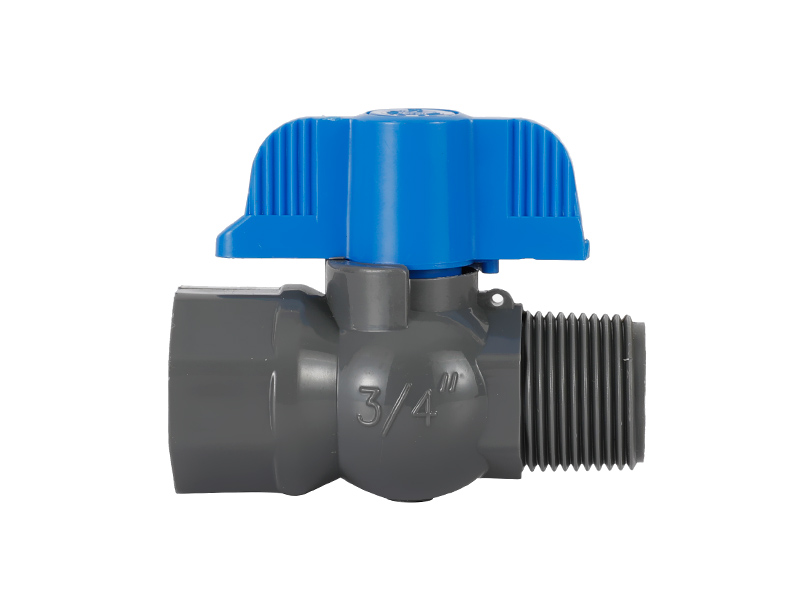
The male ball valve design is a key characteristic...
MORE >>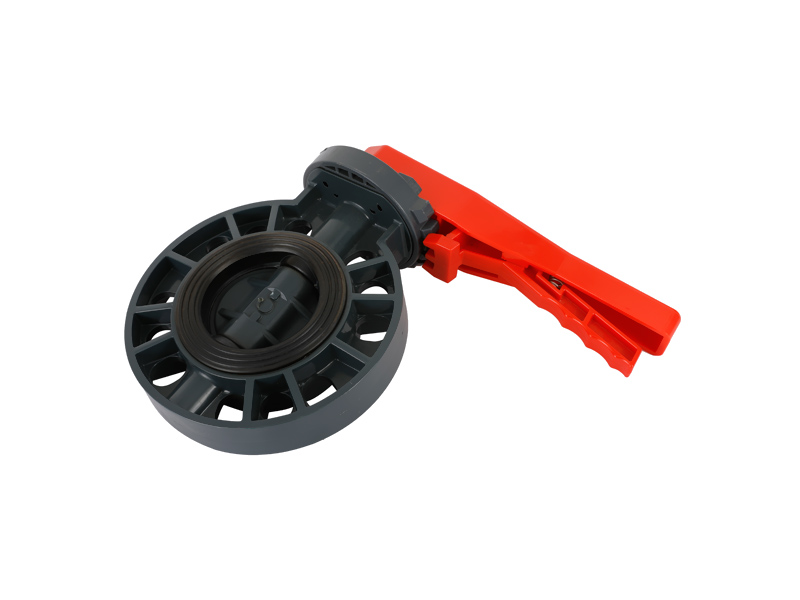
In today's modern world, efficient and reliable wa...
MORE >>
Copyright ©All rights reserved:Zhejiang Xier Plastic Valve Lead Co.,LTD. PVC Ball Valves Manufacturers Technical support: HWAQ  浙公网安备 33060402001174号
浙公网安备 33060402001174号

 English
English España
España عربي
عربي